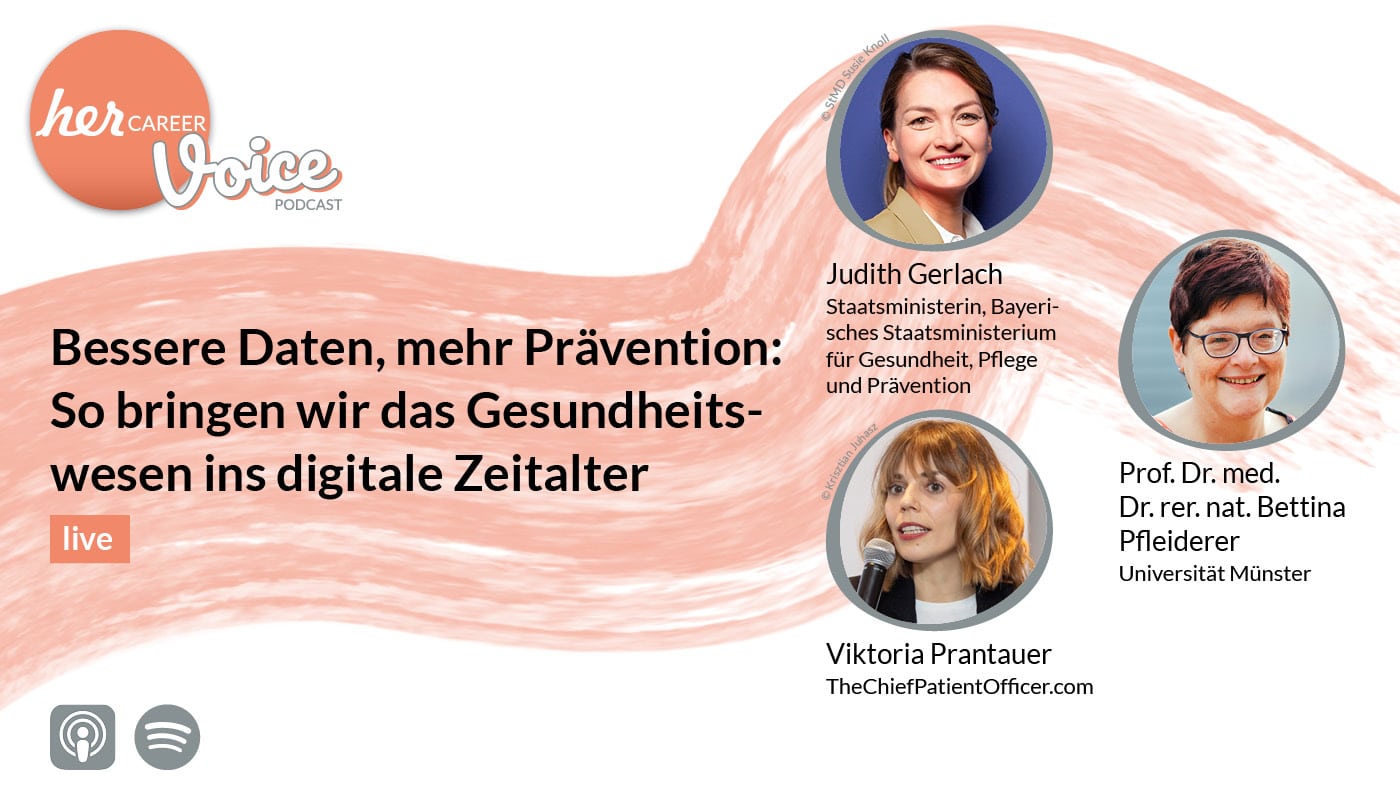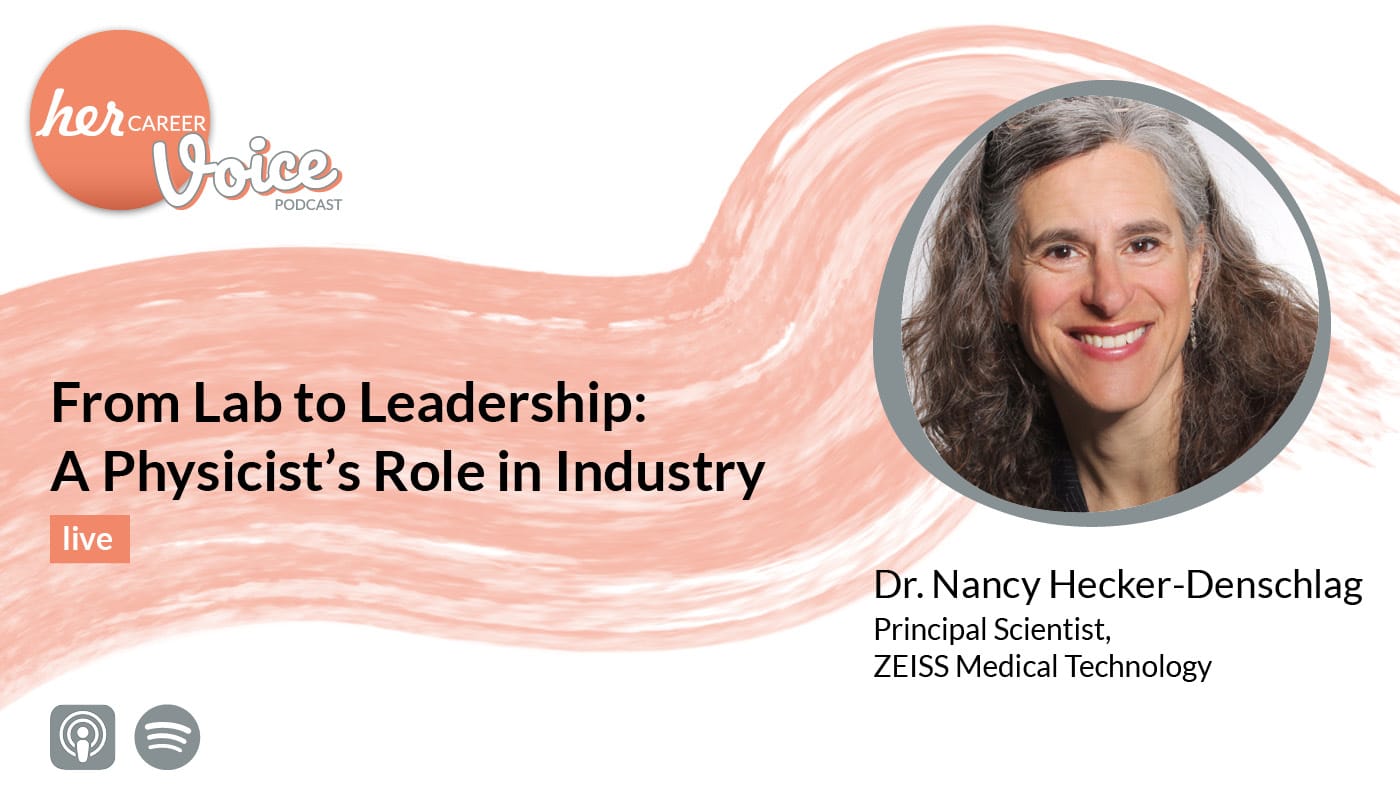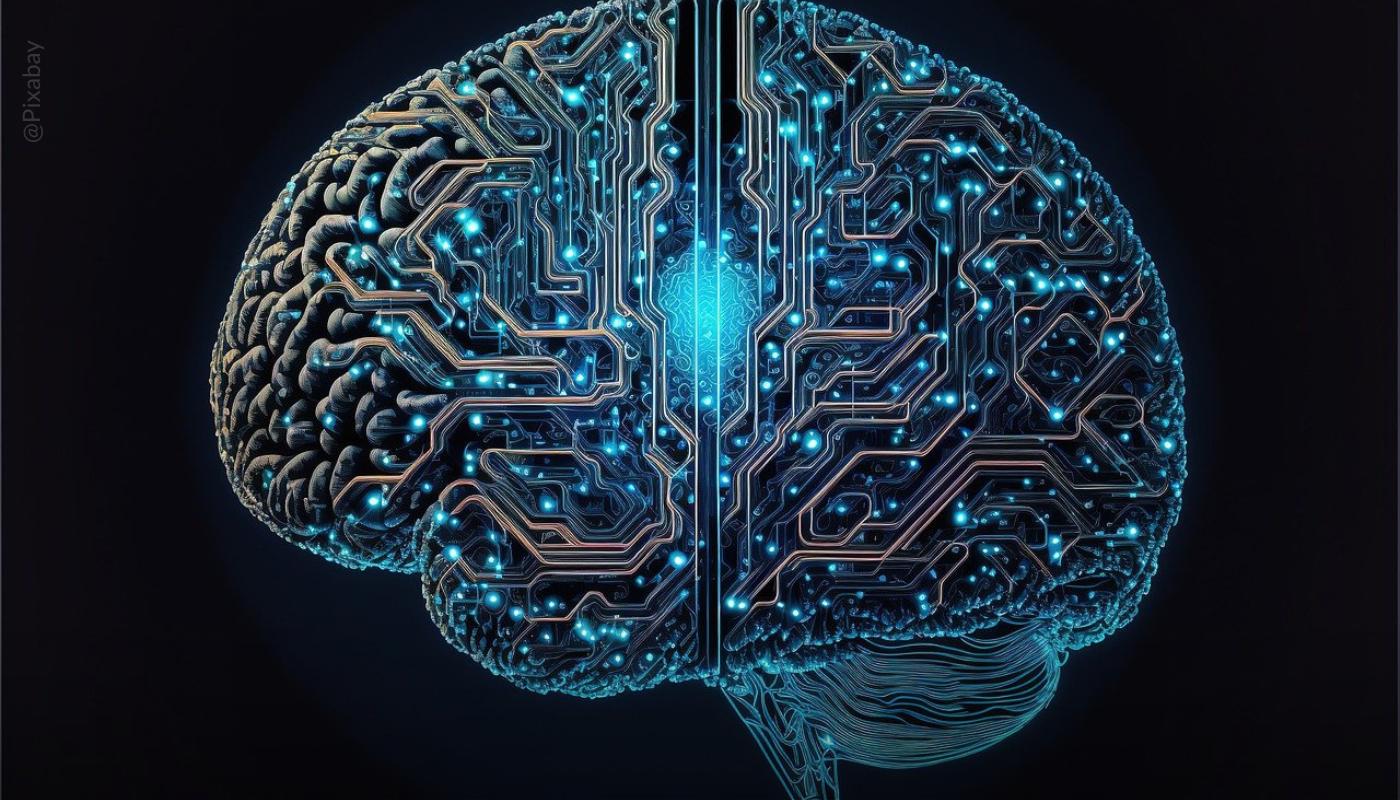While the rise of robotics and AI have a huge potential to lift productivity and economic growth, it’s no secret that many jobs will be automated. It surely means many of us will need to adapt to the life-long learning culture, but is it still a good bet to “find a good job” when the modern-day corporations are hiring fewer full-time employees, favoring the more flexible temporary workforce? In this talk, we’ll examine how job titles may no longer shape our full identity, what skills we will need and why it’s ever more important to build, contribute to and thrive in communities – of humans.
The answer also depends on how far this “future” is from us
herCAREER: What are key future skills we should already start learning today?
We’ve all seen lists like “The Top 10 Skills of the Future” from either the World Economic Forum, LinkedIn or big consulting firms. Why are there so many different lists? Because 1) experts have different opinions; 2) we love lists and 3) we are worried about our future so we keep looking for lists for comfort, “Whew! at least I have that skill!”
The answer also depends on how far this “future” is from us.
For the next 10 to 20 years, thanks to the rise of AI and robotics, having skills and knowledge around AI, data analytics, IoT, cloud and blockchain no doubt can help us find jobs, but from (for-profit) businesses’ perspective, whatever can be automated should be automated for the sake of efficiency boost, cost reduction and revenue growth. Companies are not charities for job training; they exist for profit. Humans get tired and need vacations, but machines don’t even need a coffee break. Machines won’t threaten to form unions, either.
AI will even learn to write and debug code itself without human intervention. It’s already happening, and the recent venture investment trend is all about the “No Code” startups providing tools for the non-programmers to launch new businesses.
Imagine that: even writing code and programming will become nostalgic one day, because machines will do it better, error-free. “Aww, you’re still learning Python? How adorable.”
We have been trained to think about our future based on what types of jobs corporations will offer, but the reality is full-time employment will decline since corporations favor lower-cost contract workers and gig workers, and there simply won’t be so much work humans need to do in the future.
So we need to find our niche by being better humans, and doing what machines can’t do. Here are my proposals:
1. Create and invent.
We should all prioritize creating and inventing, even if it means doing something silly that people may laugh at, because to create is human. Our ancestors survived by creating tools and solutions to solve problems and that’s how we evolved as human species. That’s the evidence that being creative is innate – it’s in all of us.
Humans have a unique capacity to draw lines and connect dots between seemingly unrelated topics, so the more variety of different things we learn, the more creative we get.
2. Treat ourselves as “the product” and take an agile approach to life.
We are the product we should optimize in this product life cycle.
We all need to take an agile approach to life, which means really understanding the feature requests from the “market”, figuring out what “customers” need, and evaluating what we have to offer. If we spot a gap in ability, learn whatever is necessary to fill the gap. We consistently ship, deploy and gather feedback; rinse and repeat. That’s how we face the accelerating change – with the capacity for life-long learning, including learning about ourselves.
3. Build communities and inspire.
It’s easy to network computers together, centralized or distributed. In milliseconds, they pass through terabytes of data, and all the computers can save a copy of it. Humans don’t have this benefit: I cannot bluetooth my thoughts to you yet, so we should learn to build communities because no one can live as an island.
The ability to build and inspire a community of people with shared beliefs and dreams is an essential skill in the age of AI, because we are amassing the human power and potential that is the unstructured data AI can’t automate.
Bonus tip: things we know will happen make better “base” for making predictions. In 2068, it is said that Asteroid Apophis will hit earth, (potentially) wiping out life on earth – so those who know how to fly a spaceship may have a higher chance of survival, unless you can afford the SpaceX shuttle then.
herCAREER: How can we foresee which jobs will become more relevant in the future and if it’s worth shifting to those job profiles early on?
To answer this question, we have to first ask ourselves: what do we really want?
Are we looking for security, recognition, bigger paychecks, developing new skills, realizing our potential, creating something ground-breaking, devoting ourselves to something bigger than us, or simply doing what we love?
Is our work who we are (the U.S/ Silicon Valley view), or do we separate our work from ourselves (the European view)?
Do we want to work in large corporations, startups, or become our own boss?
And then, we can determine whether a job is relevant to us, and if it’s worth pursuing new opportunities.
On the macro level, we could already see emerging trends thanks to the rise of AI and automation, and now, the pandemic further accelerates this change. These changes include digitalization (including the digital currencies), education, as well as healthcare.
There is a boom in digitalization and e-commerce and this trend will only grow. Many retailers and restaurants, even those that were once rich and famous, could not survive 2020; mostly because they couldn’t transition into profitable digital businesses. The real trend is this: as businesses move more online, remote, and towards automation, the move cuts down inefficiencies and waste. Therefore, more value is “created” in the balance sheet, but the value doesn’t necessarily translate into more jobs and employees. If we don’t need to go to offices, do we still need office managers, receptionists, people working in the canteen, the cleaning crew of the building and the rental office of the office building? Do we still buy work outfits, or show off iPhone 12 to our colleagues?
And if we all buy online, do we need actual money? China has been testing its digital Yuan in order to challenge the U.S. dollar.
The traditional education sector is also disrupted, not only because of the pandemic, but also that knowledge is practically free on the internet in abundance. Almost anyone can learn anything online for free. Knowledge by itself is not valuable; our ability to find gold nuggets and new opportunities in the sea of information and Deepfakes without being overwhelmed, is. It is time to rebuild the outdated education system – education should be about teaching the next generation problem-solving skills, empathy, and the growth mindset…this kind of teaching still requires the human touch.
If you are looking to be employed by corporations, having digital, engineering and AI skills can certainly help, especially in the tech sector, at least in the next 10 to 20 years.
On the other hand, there will always be great needs for human care and interactions, but these “essential workers” are not always paid well.
In the long run, the “goal” of businesses is to automate everything they can so no human needs to work, and human workers may simply be avoided to reduce human errors. Hopefully, by that time we already have some sort of UBI (universal basic income) in place.
So, knowing all this, isn’t it time we invest in ourselves? Either by doing what we love, learning what’s helpful to us, or starting our own business? That’s the route I’d choose.
herCAREER: Do you have a top tip how to “prepare” yourself for the future while working in your current job today?
Don’t prepare for the next job. Prepare for your potential.
Things are changing so fast that according to the World Economic Forum, by only 2022, 42% of the core skills of employees will need to be updated. Some companies understand this, so they provide great training programs.
However, as mentioned previously, companies are not charities and they don’t have the obligation to train employees. The real responsibility of reskilling and upskilling actually falls on ourselves. Surprisingly, reading books is still the best way to learn about subjects efficiently, even though it feels old-fashioned.
Besides the obvious suggestion that we need to keep learning new skills professionally and embark on a life-long learning journey, I also would recommend everyone to develop a strong network and grow a community you can learn from, because it’s not just about learning new skills or knowledge; it’s also about personal growth. As Dirk Wittenborn has said, “We are the sum of all people we have ever met; you change the tribe and the tribe changes you.”
Are we spending time on doing things and with people who will help us grow? If we don’t find people who are open to new experiences, learning, and sharing around us, it’s time to change that.
We all have limited time and energy each day. The more time we spend with people we can’t learn from, the less time and energy we have for personal growth.
herCAREER: At herCAREER, the focus is on professional exchanges, which is based on the personal experiences and the knowledge of the sparring partners. As an organizer, it is also in our best interest to support women beyond the exhibition and make our networks accessible. We would therefore like to ask you if you would also act as a sparring partner in addition to the trade fair participation. If so, we would ask you to name the topics for which you would act as a sparring partner in bullet points.
- AI applications in industries (or applied AI)
- Technology and business trends
- Digital marketing strategy (especially in B2B)
- B2B Content strategy
- Personal growth; future skills
herCAREER: How can or would you like to be contacted?
About
Charlotte Han processes data and computes brand and digital strategies for a living. Thanks to growing up in Asia, becoming American in Silicon Valley, and now living in Europe, she’s learned not to take things for granted and to make connections where they may not seem apparent. She’s highly interested in all things tech, especially how technologies can advance human lives. She enjoys networking with the misfits, the rebels, and the troublemakers who aren’t afraid to shake things up and push the boundaries of what is possible. Connect with her on Twitter as @sunsiren or on LinkedIn.
The MeetUp is presented by F10 FemaleOneZero GmbH. This MeetUp is part of the Career MeetUps at herCAREER 2021.












